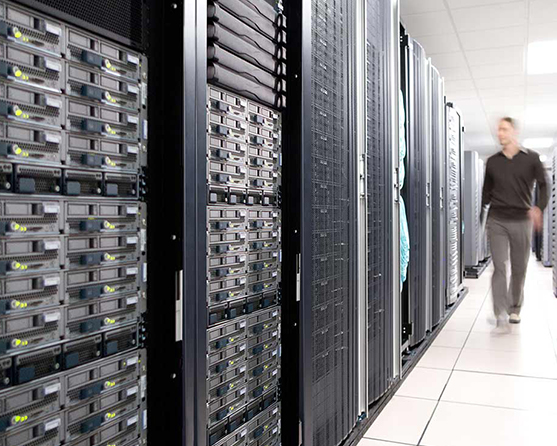Why should organizations move to cloud before
the physical Data Centres drown?

Over the past decade, cloud computing has become increasingly popular among organizations. Cloud computing offers a range of benefits, such as flexibility, scalability, cost-effectiveness, and security. Despite these advantages, some organizations still rely on traditional physical data centers to store and manage their data. However, with the increasing threat of natural disasters, physical data centers are becoming more vulnerable, and organizations are at risk of losing their critical data. In this blog article, we will discuss why organizations should move to the cloud before their physical data centers drown.
Natural Disasters: A Growing Threat
Natural disasters, such as floods, hurricanes, and earthquakes, have become more frequent and intense in recent years. These events can cause severe damage to physical data centers, resulting in data loss and downtime. For example, Hurricane Katrina in 2005 caused severe damage to data centers in New Orleans, resulting in the loss of critical data for many businesses. Similarly, the 2011 earthquake in Japan damaged data centers, resulting in widespread downtime for many organizations.
As the threat of natural disasters increases, organizations must take proactive measures to protect their data. One such measure is to move their data to the cloud.


Cloud Computing: A Safer Option
Cloud computing offers several advantages over traditional physical data centers when it comes to data protection. Here are some of the key benefits:
- Redundancy: Cloud providers offer multiple data centers located in different regions, ensuring that your data is safe even if one data center goes down
- Backup and Recovery: Cloud providers offer automated backup and recovery services, ensuring that your data is always available even in the event of a disaster
- Scalability: Cloud providers offer on-demand scalability, enabling organizations to quickly scale up or down their IT infrastructure based on their needs
- Security: Cloud providers invest heavily in security measures, ensuring that your data is protected against cyber-attacks and other security threats
- Cost-Effective: Cloud computing can be more cost-effective than traditional physical data centers as organizations only pay for what they use, eliminating the need for expensive hardware and infrastructure
Moving to the Cloud: A Wise Investment
Moving to the cloud is not only a wise investment in terms of data protection but also a strategic move for organizations looking to stay competitive in today's digital landscape. Cloud computing offers a range of benefits, from increased flexibility and scalability to improved security and cost-effectiveness. By moving to the cloud, organizations can free up IT resources and focus on their core business operations, allowing them to innovate and grow.


Conclusion
In conclusion, natural disasters are a growing threat to organizations, and physical data centers are becoming more vulnerable. By moving their data to the cloud, organizations can ensure that their data is safe and protected against disasters. Cloud computing offers a range of benefits, from redundancy and backup and recovery to scalability and cost-effectiveness. Moving to the cloud is not only a wise investment in terms of data protection but also a strategic move for organizations looking to stay competitive in today's digital landscape.
Direct to your inbox, Stay up-to-date with Styx
Remain on top with recap of today's digital trends, expert insights as well as general Styxtech updates.
